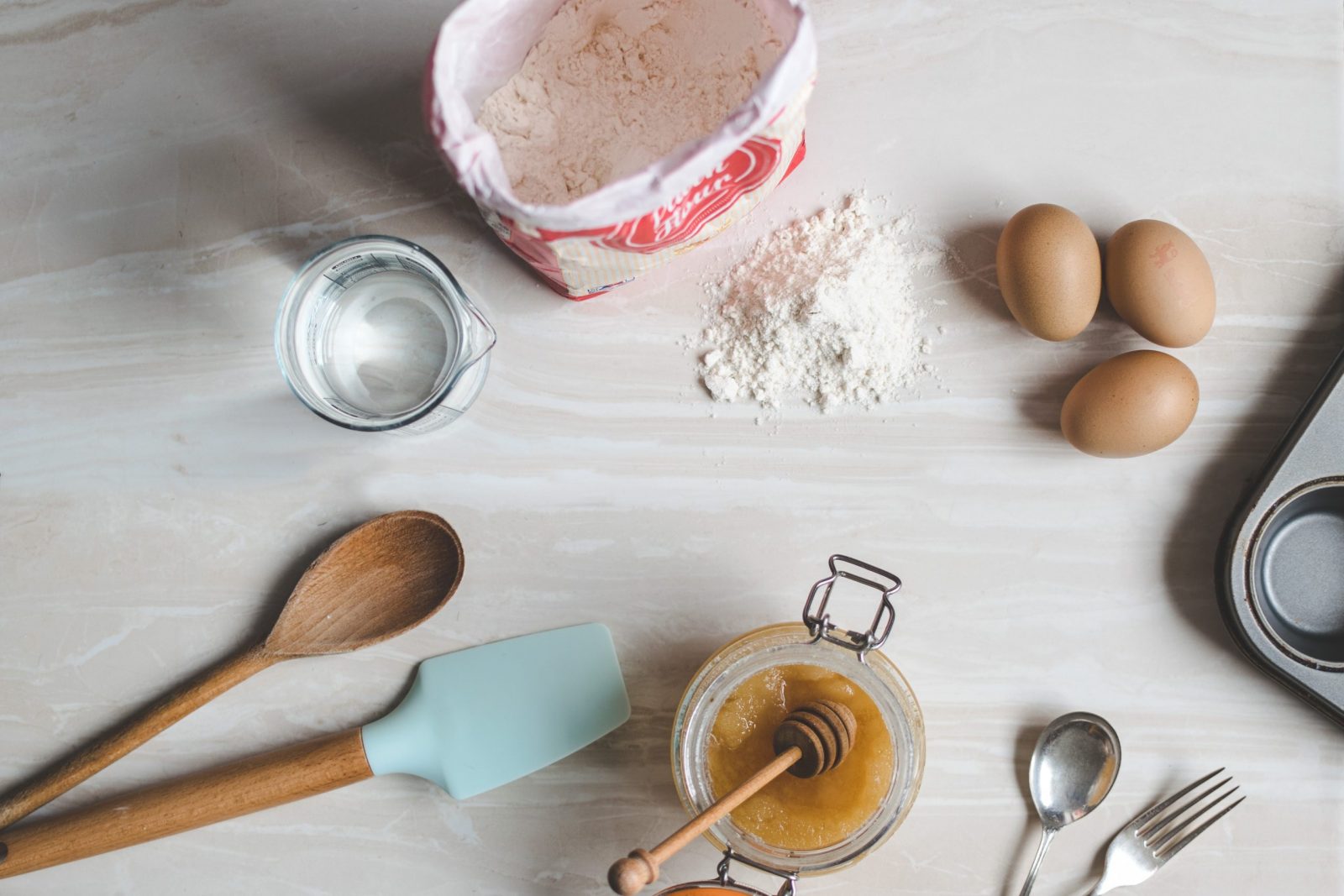
It’s time to go back to food shopping basics! With self-isolation in effect, you should be leaving the house as little as possible. Shop smart, not often. That means fewer trips to the store and minimal waste. Use this guide as a template. Then, challenge yourself to stay inside as long as you can.
Before the Shop
Before your trip to the store, look at the calendar. Take special occasions into account when making your list. Check the pantry, look not only at what you have but also at what needs to be used first. This will help you to choose new foods that will use up existing ones. No waste! Try to group your list by areas of the store, so you spend as little time in public as possible. Finally, call in to see if they are busy. If they have a high volume of customers, wait and go later.
Food Shopping Basics – Produce
I don’t need to tell you that fresh produce doesn’t last forever. We’ve all bought kale with good intentions and had it go to waste. Terrible, but true. Now isn’t the time for well-intentioned produce purchases. Buy an amount you can confidently use then use it. I don’t care if you don’t feel like a salad. Be responsible, take care of your health, and don’t waste fresh food. In a pinch, you can freeze most fruits and vegetables that are reaching the end of their shelf life. Overall, you should be trying to buy produce that lasts the longest to ensure you always have something fresh to eat. You can always buy frozen or canned to save yourself the trouble!
Fruits
- Apples can last up to four weeks in the pantry and up to two months in the fridge. If they start to go soft – applesauce is a great solution.
- Lemons and limes last a few months in the fridge and will bring brightness to your meals. Storing them in the crisper (without a container) will give you the biggest bang for your buck.
- Oranges will keep 2-3 weeks on the counter, and up to 2 months in the fridge.
Vegetables
- Cabbage is incredibly versatile and lasts up to two months in the fridge. Just make sure you don’t wash it until it is ready to use and keep it in the crisper.
- Whole heads of garlic – when left uncut – can last up to 6 months in the right conditions. Store it in a dark, dry place with air circulation. A paper bag in the kitchen is a great spot!
- Onions have a long shelf life. On the counter, they last over a month (again, a paper bag on the counter is excellent ). In the fridge, this can be up to 8 weeks.
- Winter squash will last 1-3 months and should not be refrigerated.
- Potatoes and other root vegetables have a fantastic shelf life (2-5 weeks in the pantry or up to four months in the fridge).
- Whole carrots last around five weeks.
Food Shopping Basics – Meat and Alternatives
- Canned fish.
- Purchase enough meat to last you a few weeks – then freeze it.
- Textured Vegetable Protein (TVP) is a dried plant-based protein source that can be stored on the counter.
- Hard, packaged sausages, such as soppressata and pepperoni are a great option, as some varieties do not require refrigeration.
Food Shopping Basics – Grains and Dry Goods
Your grain sources will vary depending on your comfort level in the kitchen. If you are an experienced baker or want to learn, steer away from packaged foods and do it yourself. If you’re not looking to spend a lot of time in the kitchen, that’s okay too. Just make sure you have a plan to use any perishable products.
- Bread can be frozen, so you don’t have to use it all at once.
- Dry pasta has a considerable shelf-life.
- Rice lasts a long time – I usually buy the big bag since I use it in a lot of dishes. If I ever make more than I need, I use it to thicken soups.
- Flour is your friend! It can be used to make bread, pasta, and so much more! Get a big bag and learn to use it!
- Dry lentils and beans are a great source of protein.
- Whole oats are cheap, cheap, cheap.
- Dry cereal.
- Crackers – pick something versatile.
- Nuts and trail mix are a great option, but nuts will go rancid over time. Make sure to check the best before date and freeze if needed.
Food Shopping Basics – Sugar Spice and Everything Nice
Spices, sugar, and salt are what will maintain variety in your dishes.
Recommended Spices:
- Pepper.
- Cinnamon.
- Curry Powder.
- Cumin.
- Chili Powder.
Sweet and Salty Things
- Salt – I buy non-iodized since it is better for pickles and brine.
- Bouillon cubes.
- White sugar.
- Molasses.
Food Shopping Basics -Eggs and Dairy
Buy only as much fresh dairy and eggs as you can foreseeably use then supplement with the following:
- Powdered milk.
- Evaporated milk.
- Plant-beverage tetra packs.
- Powdered egg replacer. You can also use ground flax or ground chia seeds.
- Fresh eggs should only be purchased as needed. However, you can freeze them if you want to buy in bulk.
- Butter can be frozen as long as it has not been previously melted.
Coffee and Tea
This one is self-explanatory. Just buy enough to last you a few months. If you run out of milk, just add a pinch of cinnamon to coffee to take the edge off.
Food Shopping Basics – Miscellaneous Items
- Peanut butter.
- Granola bars or Protein Bars.
- Bottled water.
- Chocolate and treats – for a little fun.
- Cooking oil.
- Vinegar.
- Condiments (soy sauce is a favourite).
- Canned soup.
Conclusion
Going back to basics doesn’t mean your food has to be boring! Use this time to learn new recipes with simpler ingredients, save money by buying in bulk, and enjoy the freedom of not having to shop quite so often. Get what you need to stay healthy and safe. Remember, you’re doing this for a good cause.
Want more self-isolation tips? Check out Alex’s post on at-home workouts or Brooklyn’s tips for working at home.
We’re here for you!


